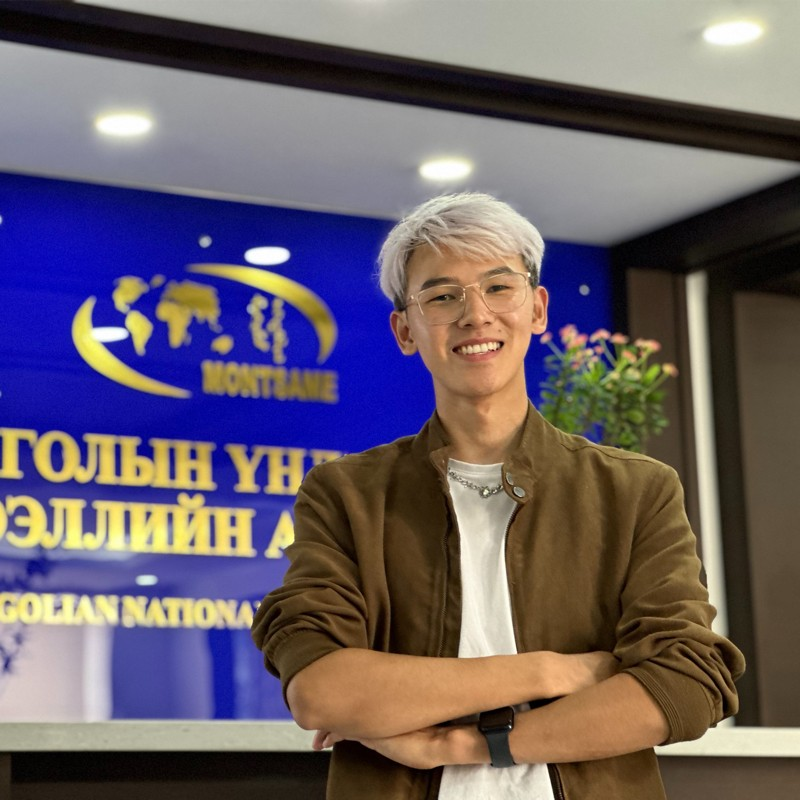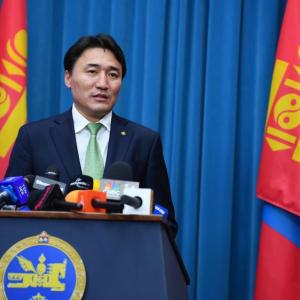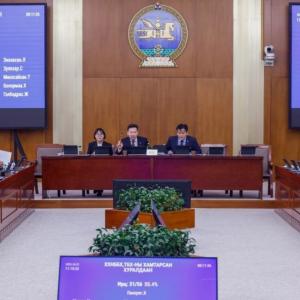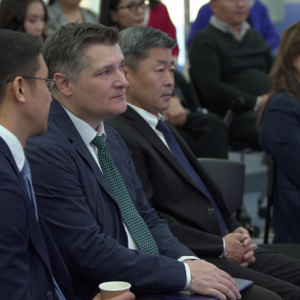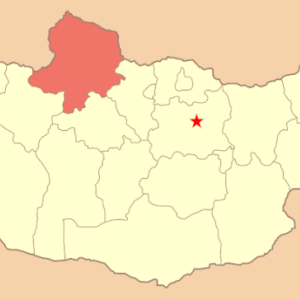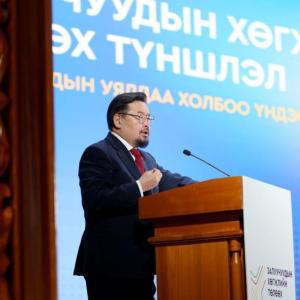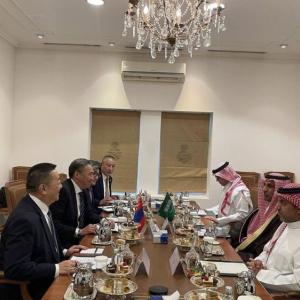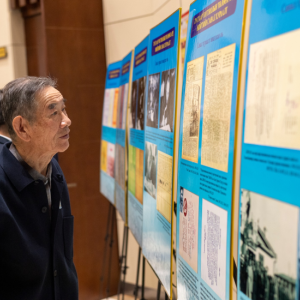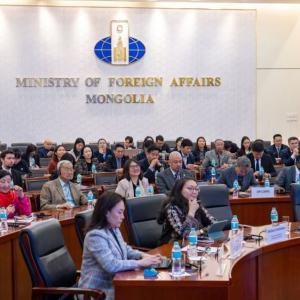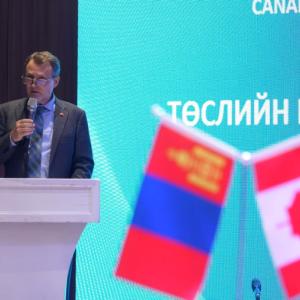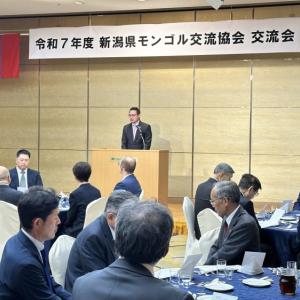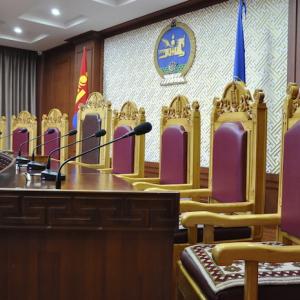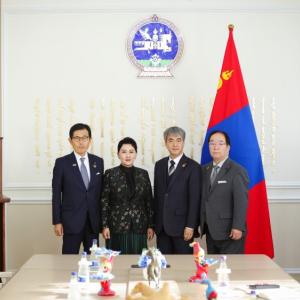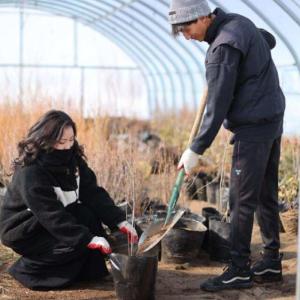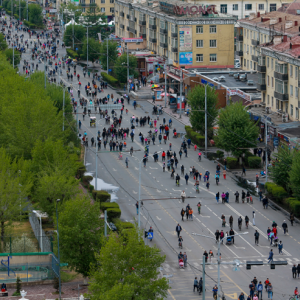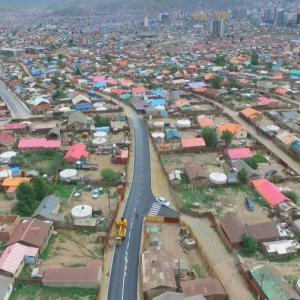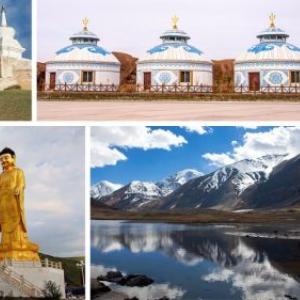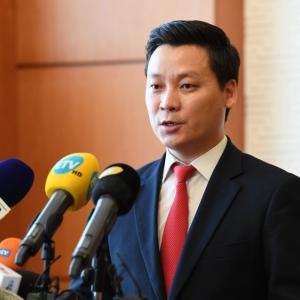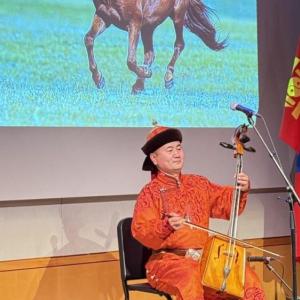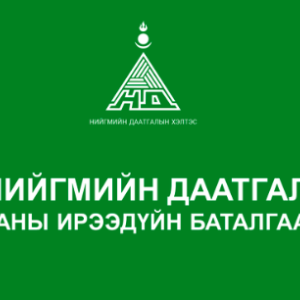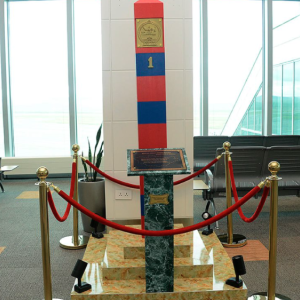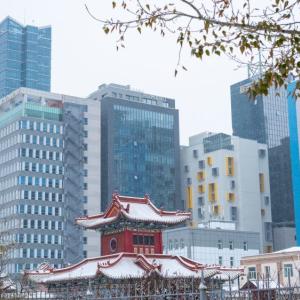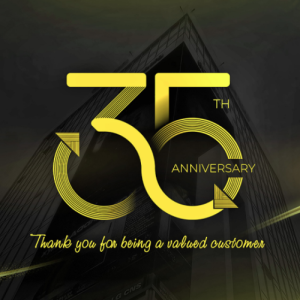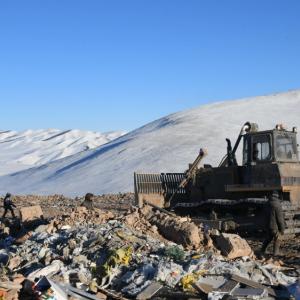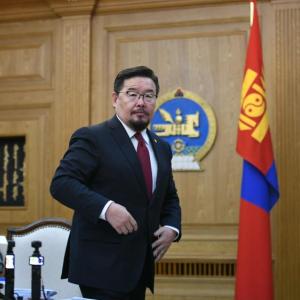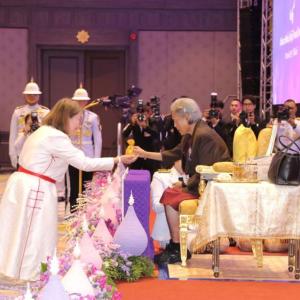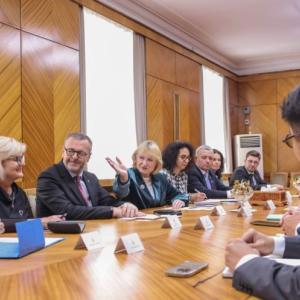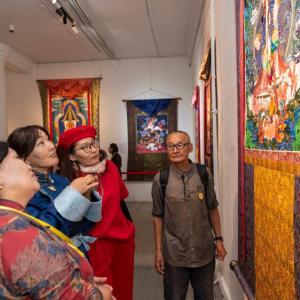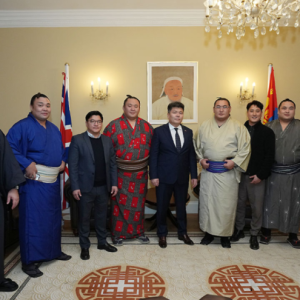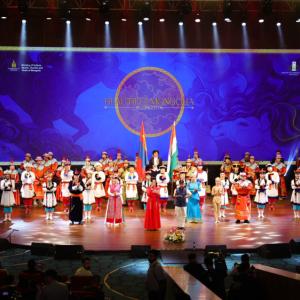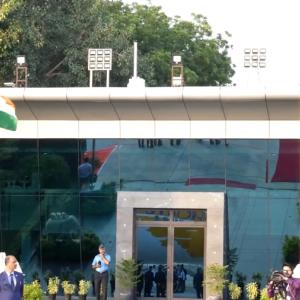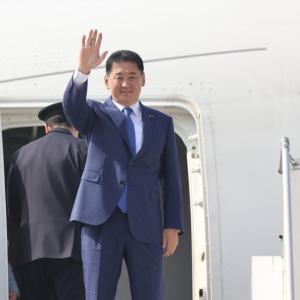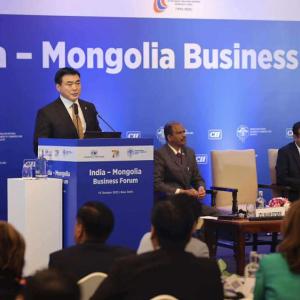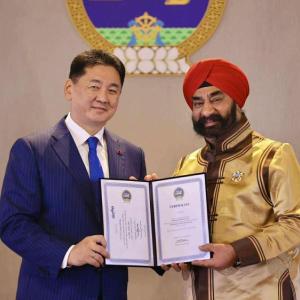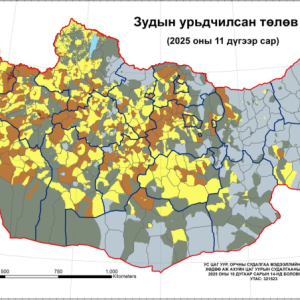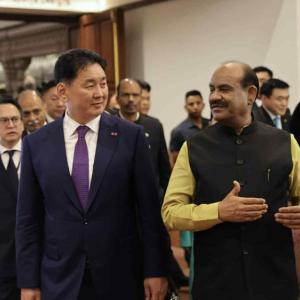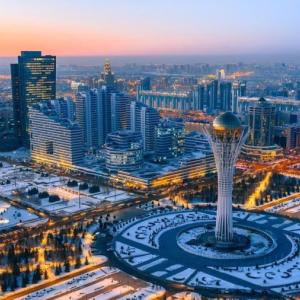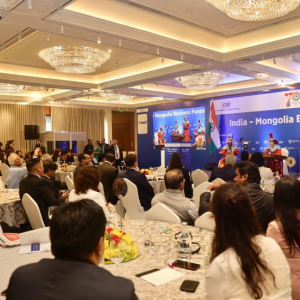Gerelmaa Davaasuren: We Look forward to Opening a New Chapter in Our Bilateral Relations
Politics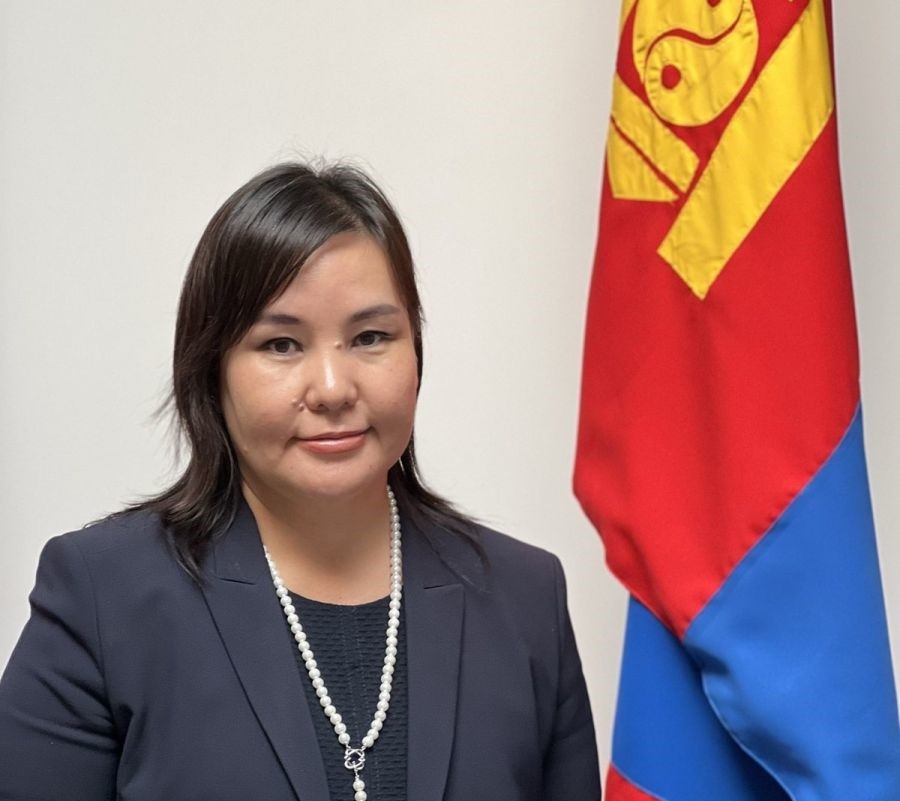
Ulaanbaatar, August 2, 2024 /MONTSAME/. As part of the 60th anniversary of the establishment of diplomatic relations between Mongolia and the Swiss Confederation, we spoke with Gerelmaa Davaasuren, Ambassador Extraordinary and Plenipotentiary of Mongolia to the Swiss Confederation.
-Over the past six decades, how has the diplomatic relationship between Mongolia and Switzerland progressed, and could you highlight some key milestones or significant achievements that have marked the history of engagement between the two nations?
-Although formal diplomatic relations between Mongolia and Switzerland were established in 1964, Switzerland held a significant place in Mongolia’s strategic vision as early as the 1920s. Following the restoration of its independence, Mongolia’s leaders regarded Switzerland as a model for development, aspiring to emulate its path towards neutrality, democratic principles, and market economy.
However, it’s noteworthy that the people-to-people relations between our nations predated formal diplomatic ties. As early as the 1920s and 1930s, a few Swiss nationals resided in Mongolia, contributing to various fields such as trade and craftsmanship. Notable examples include building experts like Karl Alfred Gehring, who served the Mongolian Government between 1926 and 1930. These early interactions marked the beginning of contact between our people.
Following Mongolia’s accession to the United Nations in 1961 and the establishment of diplomatic ties with the United Kingdom in 1963- the first Western nation to do so-Mongolia intensified its efforts to build formal relations with European states. Recognizing Switzerland, along with Finland, Austria, and Sweden, as potential partners, this approach demonstrates Mongolia’s commitment to diversifying its international relations. However, diplomatic relations were established, and substantive contacts between Ulaanbaatar and Bern remained limited until the end of the socialist era in the early 1990s. In the subsequent decades, bilateral engagement between Mongolia and Switzerland flourished, marked by significant milestones and agreements across various domains.
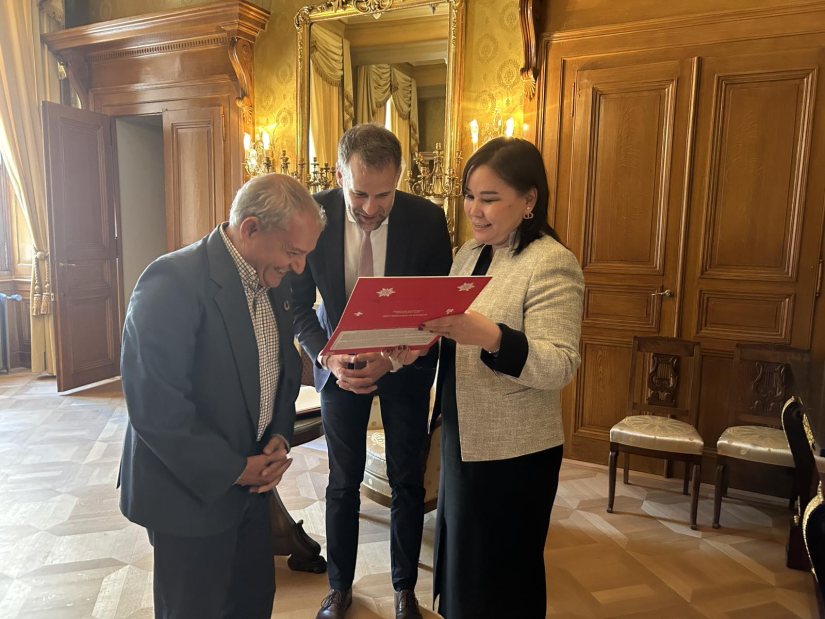
Moreover, high-level visits between Mongolia and Switzerland have significantly contributed to cultivating a close and steady relationship that exists between our countries today. These visits have offered invaluable opportunities for dialogue and collaboration at governmental and other levels, fostering a deeper understanding of our respective values and priorities.
In summary, the evolution of the Mongolia-Switzerland relationship over the past six decades embodies a journey characterized by resilience, mutual respect, and a shared commitment to advancing our common interests. As we commemorate this milestone in our diplomatic history, we look forward to further enhancing our partnership and exploring new avenues for cooperation in the years ahead.
-What are the significant areas of cooperation between Mongolia and Switzerland? Could you also highlight any recent collaborative projects or initiatives that demonstrate the strength of the bilateral relationship?
-Mongolia and Switzerland share a robust framework of cooperation across various domains. In terms of trade, the bilateral relationship has witnessed steady growth, with around USD 1 billion worth of Mongolian annual exports, mainly gold to Switzerland. This accounted for 8.2% of Mongolia’s total exports.
Cultural exchanges between our countries are on the rise, featuring an impressive number of events showcasing Mongolia’s rich heritage in Switzerland. These exchanges not only foster cross-cultural understanding but also deepen the bonds between our societies.
In an effort to deepen understanding of Mongolia’s history and nomadic heritage, both parties are collaborating to curate an exhibition at Switzerland’s largest art museum, Rietberg Museum in 2025 – 2026, followed by showcases in prominent museums across Western Europe and worldwide. This exhibition aims to chronicle Mongolia’s historical journey and modern identity, emphasizing its influential position in Eurasian culture and trade. Similarly, educational collaborations, including student exchanges and academic partnerships, have played a pivotal role in strengthening the mutual understanding and long-standing relationship between Mongolia and Switzerland.
We immensely appreciate Switzerland for its support during Mongolia’s journey towards democracy and market economy in the 1990s. Since the early 2000s, Switzerland has been a vital partner, offering invaluable development assistance. The establishment of a branch of the Swiss Development Cooperation Agency in Ulaanbaatar in 2004 and Mongolia's inclusion in the list of countries receiving official development assistance in 2006 highlights Switzerland's steadfast dedication to fostering sustainable development in our nation. The people of Mongolia sincerely appreciate the implementation of significant projects and programs funded by Switzerland, which have played a crucial role in our socio-economic development.
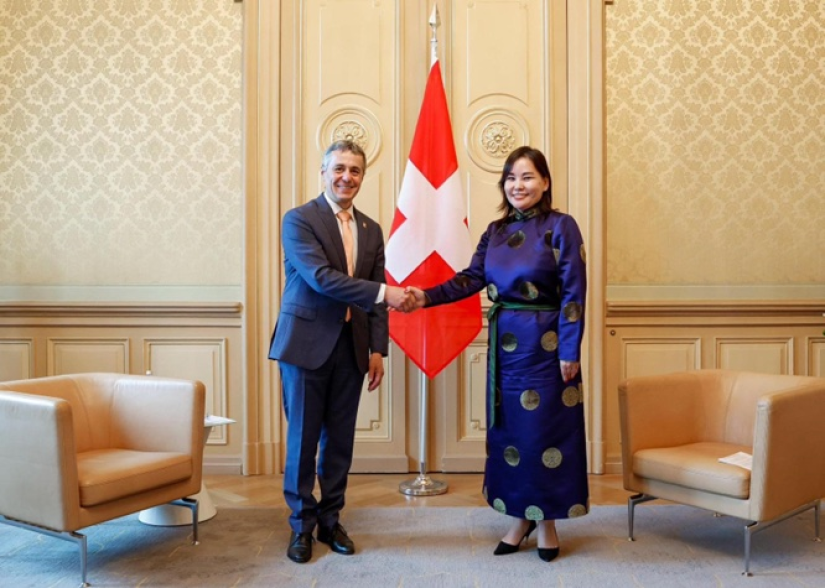
It is worth mentioning that the annual visits of top doctors and surgeons from Switzerland to Mongolia since the late 1990s.Their dedication to diagnosing and treating our patients, as well as organizing training and mentoring sessions for Mongolian doctors and nurses, has significantly enhanced the competence and professionalism of our medical personnel. This collaboration has not only improved healthcare standards but has also fostered lasting bonds of friendship and knowledge exchange between our two nations.
Mongolia has a great deal of natural resources that hold the potential for driving economic growth. Putting the emphasis on sustainable development, Mongolia is keen to attract foreign investors to expand opportunities in natural resources development, financing the value-added industry and infrastructure projects.
In this regard, we are not only seeking assistance from Switzerland but also pursuing mutually beneficial economic cooperation. A key objective of our collaboration is to attract substantial Swiss high-tech investments to Mongolia, thereby fostering innovation and economic diversification. Additionally, as an agricultural nation, Mongolia stands to benefit from cooperation with Switzerland in areas such as intensive animal husbandry and agriculture, drawing upon Switzerland’s expertise in these fields. During his meeting with Swiss Federal President V. Amherd at the 2024 World Economic Forum, Prime Minister L.Oyun-Erdene emphasized Mongolia’s potential for winter tourism. He highlighted Switzerland's renowned expertise in winter sports and tourism, suggesting a crucial role for Switzerland in assisting Mongolia's development in this sector.
Based on the Memorandum of Understanding between the Tourism Development Center of Mongolia and Switzerland Tourism, signed in 2023, collaborative efforts between Mongolian and Swiss tourism boards aim to encourage travelers to explore both countries' offerings.
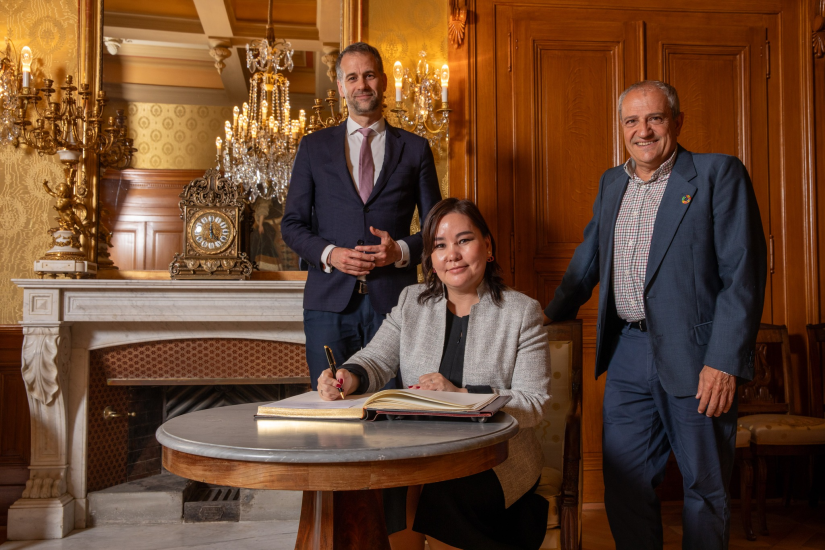
Furthermore, Mongolia is set to be the Guest of Honour at the Foire du Valais, Switzerland's third-largest fair, scheduled for October of this year. This presents an exciting opportunity to showcase Mongolia's rich cultural heritage and tourism attractions to a wide audience in Switzerland, reinforcing our commitment to strengthening cultural ties and mutual understanding between our nations
Moreover, Mongolia considers Switzerland as a model for its democracy, aspiring to cultivate and strengthen its own democratic system. We believe that through continued cooperation and knowledge exchange, we can enhance Mongolia’s democratic system and governance.
With these opportunities, we believe that the partnership between Mongolia and Switzerland can further flourish, bringing mutual benefits to the two nations. With shared goals and mutual aspirations, we are confident that our collaboration will continue to thrive across all spheres in the years ahead and contribute to global stability and prosperity.
-How have Mongolia and Switzerland’s shared commitment to peace influenced their diplomatic relations over the past 60 years? How have Mongolia and Switzerland contributed to global peacekeeping efforts, and what impact have their contributions had on conflict resolution and humanitarian assistance?
-As Mongolia and Switzerland mark the remarkable milestone of 60 years of diplomatic relations, it is not merely a celebration of formal ties between the two nations, but a commemoration of shared values and a dedication to peace. The two countries have embraced a foreign policy centered on peace, which has been reflected in their diplomatic endeavors and peacekeeping efforts on the global stage. Celebrating the 60th anniversary under the motto “For Peace,” Mongolia and Switzerland reaffirm our commitment to fostering peace and stability in the international community.
Mongolia and Switzerland, despite our geographical distance and cultural differences, share a deep-rooted commitment to peace. Switzerland, renowned as a neutral nation, has a longstanding tradition of promoting peace through diplomacy and humanitarian initiatives/efforts. Likewise, Mongolia, situated between two major powers, has maintained a steadfast dedication to peace and non-alignment. Despite its turbulent history, Mongolia has emerged as a champion of peace, advocating for dialogue and cooperation on the global stage.
Mongolia and Switzerland have actively contributed to peacekeeping missions under the auspices of the United Nations. Despite Switzerland’s traditional neutrality, it has played a crucial role in mediation and conflict resolution, leveraging its diplomatic expertise to facilitate dialogue and reconciliation. Its humanitarian efforts have provided assistance to conflict-affected regions, embodying the spirit of solidarity and compassion.
Similarly, Mongolia has emerged as a significant contributor to UN peacekeeping operations, deploying troops to conflict zones worldwide. Despite being a landlocked nation with limited resources, Mongolia’s peacekeeping efforts have earned international recognition for their professionalism and unwavering dedication to upholding peace and stability. Mongolia has exemplified its commitment to global security and the principles of the United Nations Charter.
As Mongolia and Switzerland embark on the next chapter of their diplomatic journey, the principles of peace, cooperation, and mutual respect will continue to guide our interactions on the global stage. In an increasingly interconnected world facing multifaceted challenges, the partnership between Mongolia and Switzerland serves as a shining examples of how nations can transcend boundaries and work towards a more peaceful and prosperous future for all.
Also, it’s important to underscore that Mongolia and Switzerland uphold fundamental principles of democracy, the rule of law, and respect for human dignity. Both nations actively engage in dialogue and cooperation within multilateral frameworks such as the United Nations Human Rights Council to address human rights challenges worldwide. Mongolia and Switzerland share a principled stance against the use of the death penalty advocate for the abolition of capital punishment and support international efforts to promote the right to life and dignity for all individuals. It should be noted that the Embassy of Mongolia is located in Geneva, renowned as a hub for diplomacy and international cooperation. For nations like Mongolia, multilateralism is paramount in advancing our interests on the global stage and ensuring our voice is heard alongside larger nations. Moreover, this milestone marks 60 years of diplomatic relations and should be remembered for the way multilateral diplomacy supports relationships at the bilateral level. By continuing to leverage the opportunities presented by Geneva's status, we aim to enhance the bilateral relations between our two nations and beyond.
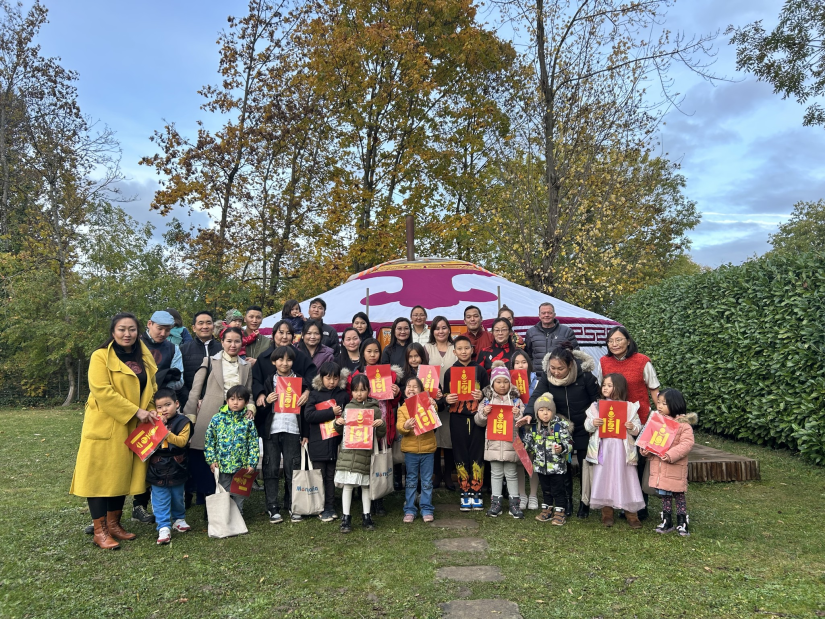
-Since the 2000s, there has been a notable increase in efforts to foster people-to-people relations between Mongolia and Switzerland. How do you perceive the influence of these initiatives on strengthening bilateral ties and cooperation?
The role of individuals dedicated to promoting people-to-people ties between Mongolia and Switzerland is invaluable in fostering mutual understanding, friendship, and collaboration. These individuals who have committed their lives to supporting Mongolians in their development efforts, are true ambassadors of goodwill and exemplify the spirit of cooperation and solidarity. Their contributions are essential in building bridges between our nations, enriching both societies and strengthening the bonds that unite us.
We have a group of friends from Mongolia comprised of Swiss Individuals who demonstrate the power of personal connections in bridging cultural divides and nurturing meaningful relationships. Through their tireless efforts and unwavering dedication, they contribute to the social, economic, and educational advancement of Mongolia, leaving a lasting impact on the lives of individuals and communities. As we celebrate the 60th anniversary of diplomatic relations between Mongolia and Switzerland, let us recognize and applaud the invaluable contributions of these friends of Mongolia. Their dedication and commitment embody the spirit of friendship and cooperation that defines the bonds between our two nations, and their efforts serve as a testament to the enduring power of people-to-people ties in shaping a brighter future.
-What has been the most rewarding aspect of your role as Ambassador in fostering bilateral relations? Can you share any memorable experiences or interactions you’ve had during your tenure as Ambassador? In your opinion, what are the most valuable lessons and values that Mongolians can learn from the Swiss people?
-As Ambassador of Mongolia to the Swiss Confederation, fostering bilateral relations holds profound significance for me, especially considering my prior experience in this country. Having previously served as a junior diplomat in the Embassy of Mongolia, Switzerland is a familiar and cherished place for me.
Engaging with Swiss officials, businesspeople, academics, and members of the Mongolian diaspora has offered me valuable insights into the strength and depth of our diplomatic ties. Every interaction, whether it's attending diplomatic receptions, cultural events, or high-level meetings, reinforces my belief in the importance of diplomacy and dialogue in building bridges between nations. One of the most rewarding aspects of my role has been witnessing the tangible impact of fostering bilateral relations firsthand. From forging strategic partnerships to facilitating cultural exchanges, every opportunity to engage with Swiss counterparts underscores the depth of our friendship and the potential for collaboration.
Reflecting on my time as Ambassador, I am grateful for the privilege of representing Mongolia in Switzerland and contributing to the advancement of our shared goals. Each interaction reaffirms my belief in the importance of diplomacy and dialogue in building lasting friendships between nations. I am confident that as we continue to nurture our bilateral relations, the bonds of friendship between Mongolia and Switzerland will grow stronger, paving the way for a brighter future for both nations.
The most admirable qualities that Mongolians can learn from the Swiss people are their organization and punctuality. Being responsible and respecting others' time not only reflects positively on an individual's character but also demonstrates control and dependability.
Furthermore, the Swiss's sincere care for precision and excellence in various aspects of life, such as craftsmanship, engineering, and business, is also remarkable for Mongolians to learn from. Switzerland is renowned for its attention to detail, and as a result, delivers exceptional work. Swiss individuals and institutions consistently demonstrate a commitment to upholding high standards, contributing to their position in the international community.
Moreover, the Swiss approach to environmental protection and proactive practices in the field of ecology provide a valuable direction for Mongolians to consider. Switzerland, blessed with beautiful natural landscapes has become a champion for environmental conservation, showcasing a strong commitment to sustainability. Embracing environmentally friendly practices not only protects our precious ecosystems but also promotes long-term economic prosperity and the well-being of our communities.
-What are your hopes and aspirations for the future of Mongolia-Switzerland relations? Are there any specific goals or objectives you aim to achieve to enhance the partnership between the two nations?
-Looking ahead, I am optimistic about the future of Mongolia-Switzerland relations. As we celebrate the 60th anniversary of our diplomatic ties, I see a significant opportunity for the enhancement of the connection in various fields. By harnessing our respective strengths, fostering innovation, and nurturing people-to-people connections, I am confident that we can take our partnership to new heights and continue to build a brighter future for our two countries.
Along with broadening Mongolia-Switzerland ties, one of my primary goals for the future is the deepen and strengthen our cooperation in a wide range of sectors, including trade and investments, education, culture, and sustainable development.
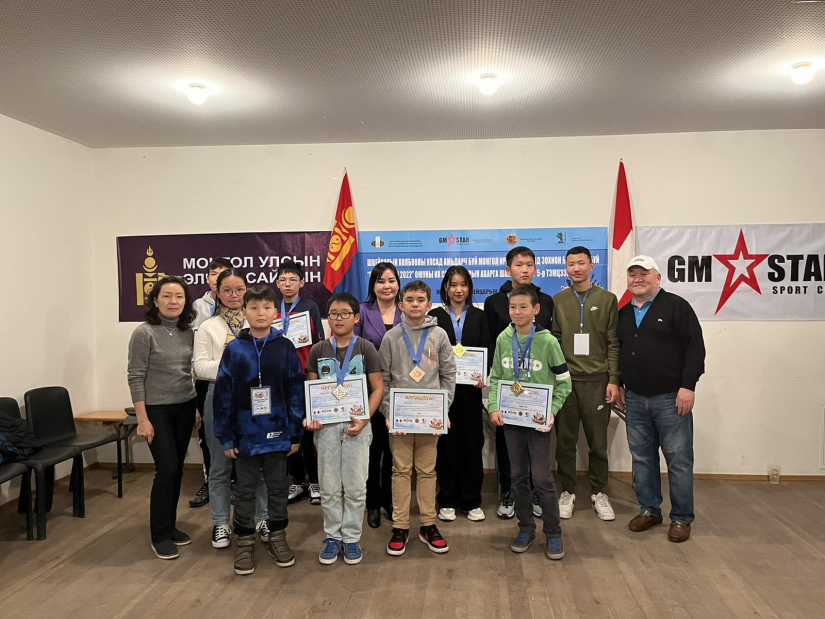
Strengthening economic ties will not only foster mutual prosperity but also create opportunities for innovation and entrepreneurship on both sides. Moreover, enhancing educational exchanges and academic collaborations will empower individuals with the knowledge and skills to drive social and economic development in Mongolia and Switzerland. Another key objective is to promote cultural diplomacy and intercultural understanding by organizing cultural events, art exhibitions, and performances, we can showcase the beauty of Mongolian and Swiss culture, fostering mutual appreciation and respect. Additionally, creating platforms for dialogue and exchange will facilitate cross-cultural learning and promote global citizenship among our citizens.
I aim to prioritize sustainable development and environmental cooperation as key pillars of our bilateral relations. By sharing best practices, expertise, and technology, Mongolia and Switzerland can work together to address pressing environmental challenges, such as climate change and pollution. Joint efforts in renewable energy, conservation, and eco-tourism will not only protect our natural resources but also create opportunities for green growth and sustainable livelihoods.
In general, my vision for the future of Mongolia-Switzerland relations is one of partnership, innovation, and mutual respect. By building on our shared values and aspirations, I am confident that we can overcome challenges and seize opportunities to create a more prosperous and sustainable future for our two countries and peoples. Together, we can write the next chapter of our bilateral relations, rooted in friendship, cooperation, and shared prosperity.
-Thank you!
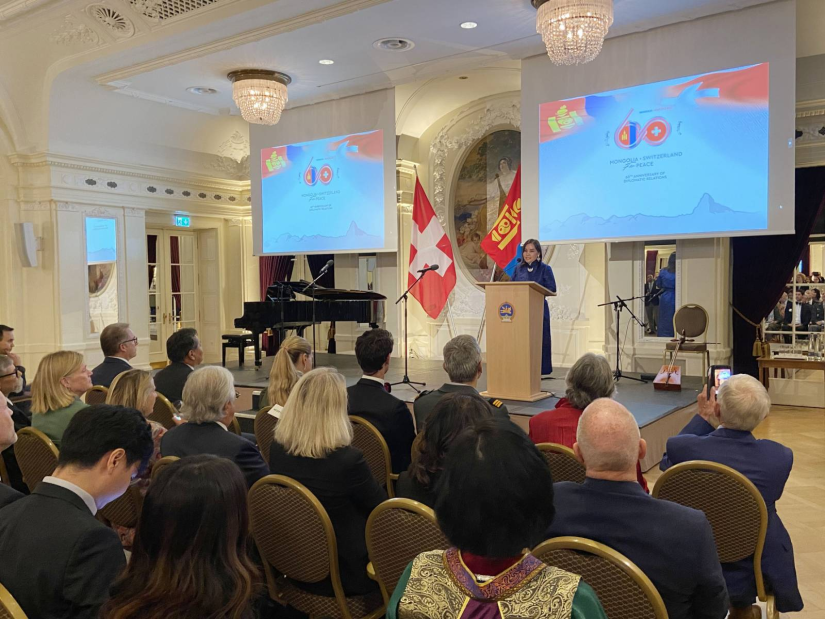
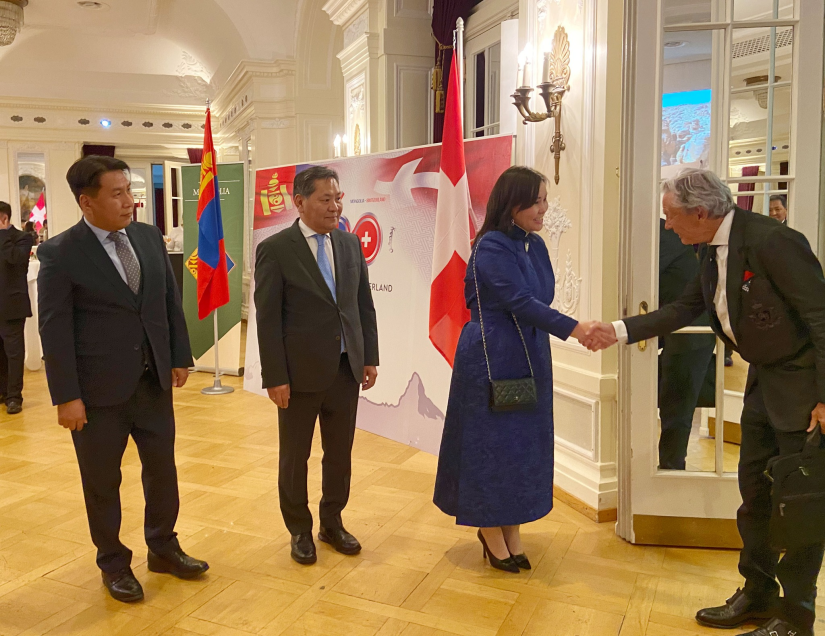
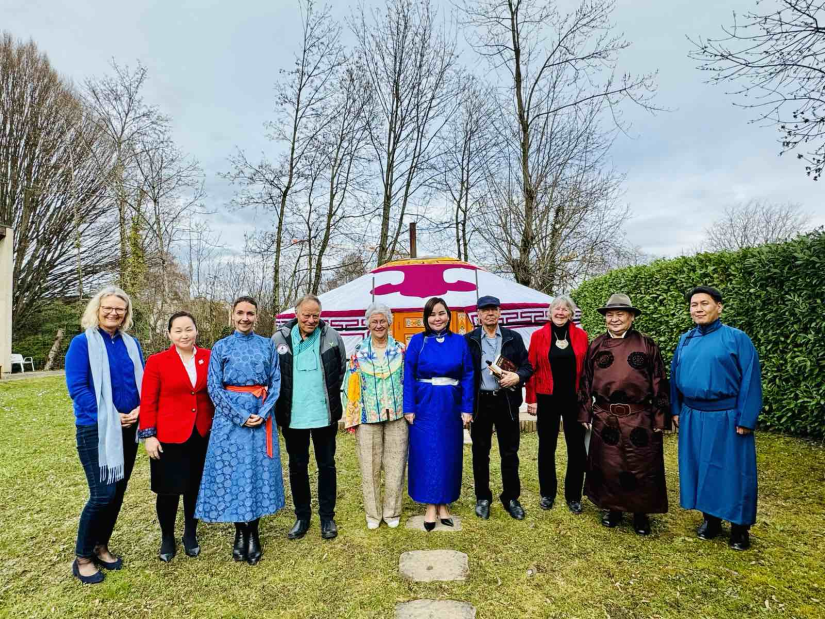
 Ulaanbaatar
Ulaanbaatar





